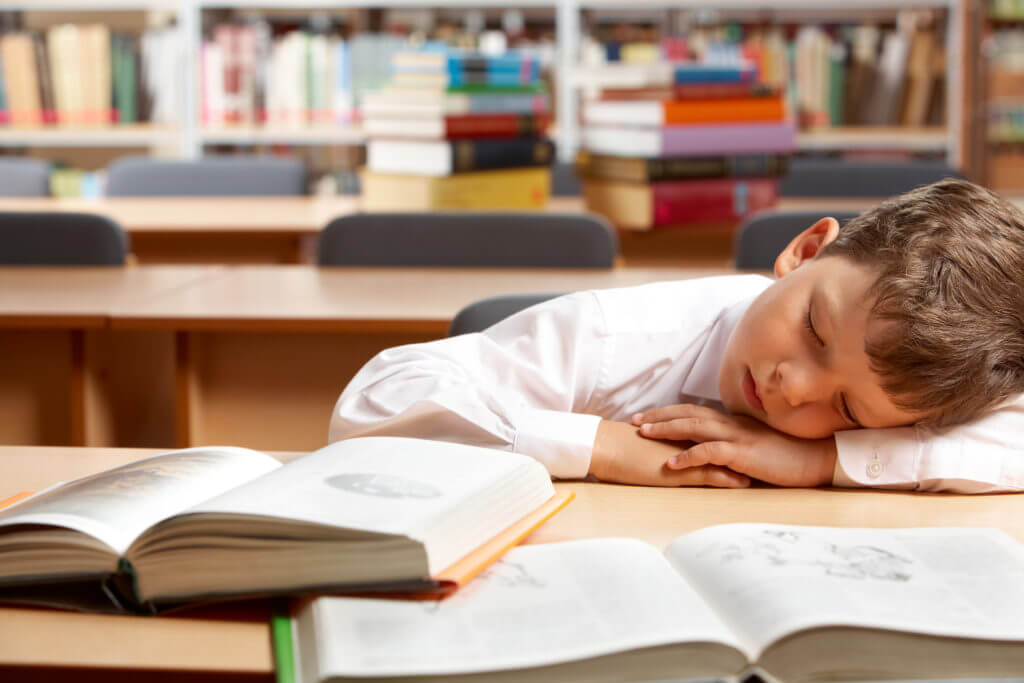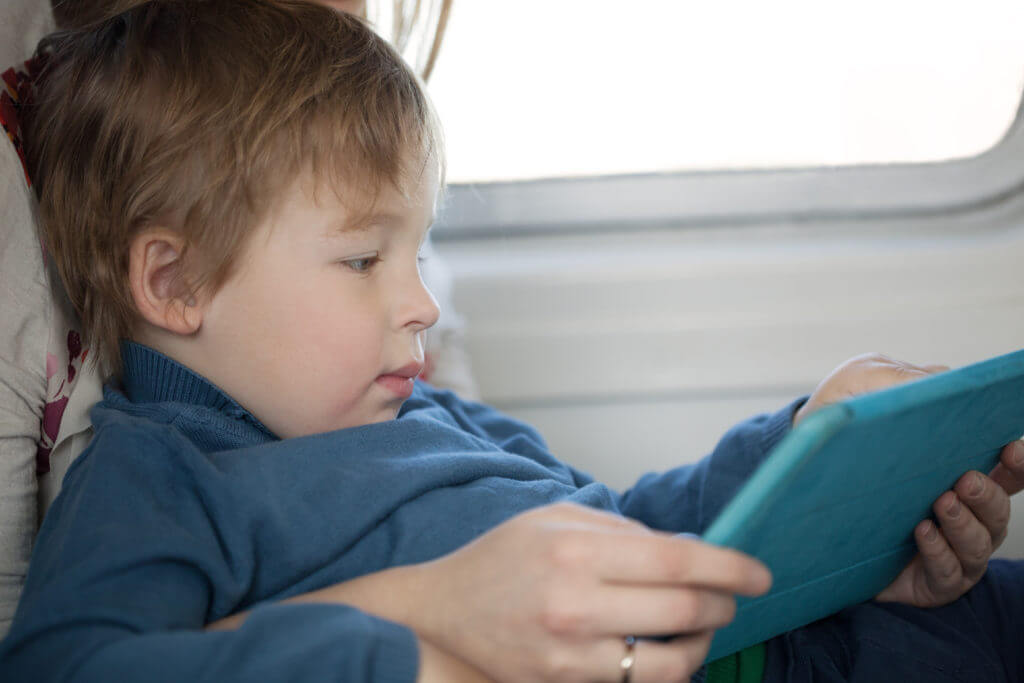Nothing is more important than the health of our kids and instilling good sleep and health habits early is an essential for the development and long-term well-being of all children.

The sleep patterns of children are very different from adults, therefore deserving special attention and research.
Experts estimate that as many as 30% of children have some type of sleep problem1, which vary by age group. These sleep problems interfere with health, safety, school performance and also impacts the family and sets our children up for chronic and serious health problems in the future.
The following are commonly reported in children aged 2-15 years:
- Nightmares (30%) are more common in younger children2
- Sleepwalking with at least more than 1 episode occurs in 25-30% of kids and is most common in children aged 3-10 years3
- Insomnia occurs in 23% of children4
- Bruxism is reported in 10% of youths and may occur in people of any age5
- Obstructive sleep apnea is more common in children than generally recognized. It impacts 1 to 4% and is growing due to the obesity epidemic.6
- ADHD is linked with a variety of sleep problems. One study suggests that children with ADHD have higher daytime sleepiness, more movements in sleep than other children.7 Another study found that 50% of children with ADHD has signs of sleep disordered breathing compared to only 22% of children without ADHD.8

Besides biological issues, public policy and new technologies are making our kids dangerously tired. Many studies have documented that the average adolescent in the United States is chronically sleep deprived and pathologically sleepy. As a result, many high school students are at risk for adverse consequences of insufficient sleep including impairments in mood, attention, memory, behavior control, executive function, and impulse control. In particular, many studies have shown an association between decreased sleep duration and lower academic achievement at the middle school, high school, and college levels, as well as higher rates of absenteeism and tardiness, and decreased motivation to learn.9 10 Other documented specific health-related effects of sleep loss in adolescents include increased use of stimulants (e.g., caffeine, prescription medications) to counter the effects of chronic sleepiness, which in turn may increase the risk of substance use later in adolescence and emerging adulthood.11
Adolescents are also at greater risk for sleep-related crashes, as well as athletic and other injuries, due to insufficient sleep.12 Chronic sleep restriction increases subsequent risk of both cardiovascular disease and metabolic dysfunction such as type 2 diabetes.13 An association between short sleep duration and obesity in children and adolescents has been demonstrated in several cross-sectional and prospective studies, underscoring how chronic sleep restriction can undermine the health of our nation’s youth.14
_________________

